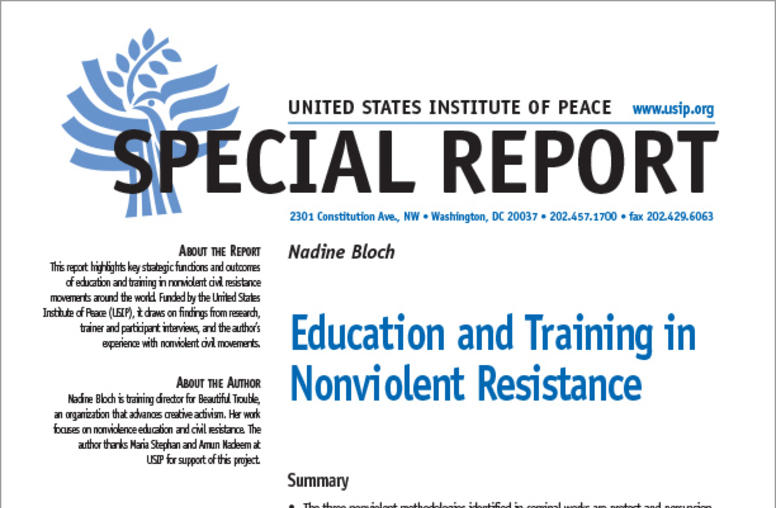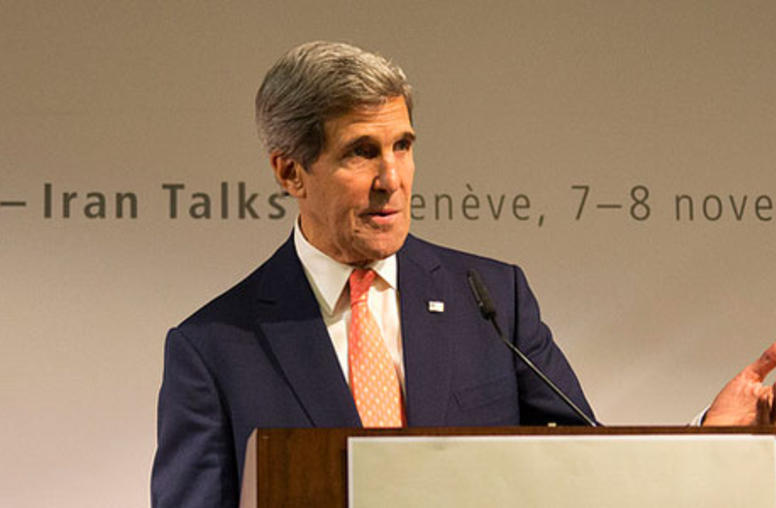How Germans Negotiate
Local Goals, Practical Solutions
"This groundbreaking book analyzes and interprets German negotiating behavior, offering a refreshingly unconventional explanation of its historical origins and an excellent as well as thorough study of the post–World War II conduct of negotiations typical for Germany's diplomacy and business."
-Karl Kaiser, Director German Council on Foreign Relations
Drawing on interviews with dozens of European and American negotiators, How Germans Negotiate explores the roots of contemporary German negotiating behavior and identifies the stages through which negotiations typically pass. Using examples drawn from the past 50 years, Smyser illustrates Germany's abiding search for security, stability, and community. Germans are usually willing to make a mutually beneficial deal, but not before they've undertaken exhaustive research, presented a meticulous case, and satisfied their own demands for conceptual consistency.
A separate chapter focuses on business and economic negotiations, which can be very different from diplomatic encounters. Smyser investigates a variety of recent cases, including discussions on global monetary policy and the Daimler-Chrysler talks, and discovers a tension between a traditional "old" style and a more predatory "new" style. The conclusion lays out basic strategies and tactical pointers and explains how to avoid mistakes.
About the Author
W. R. Smyser has held senior positions in the U.S. government and at the United Nations. He is a consultant to U.S. and European businesses and foundations and an adjunct professor at Georgetown University. His recent books include From Yalta to Berlin: The Cold War Struggle over Germany and The German Economy.



